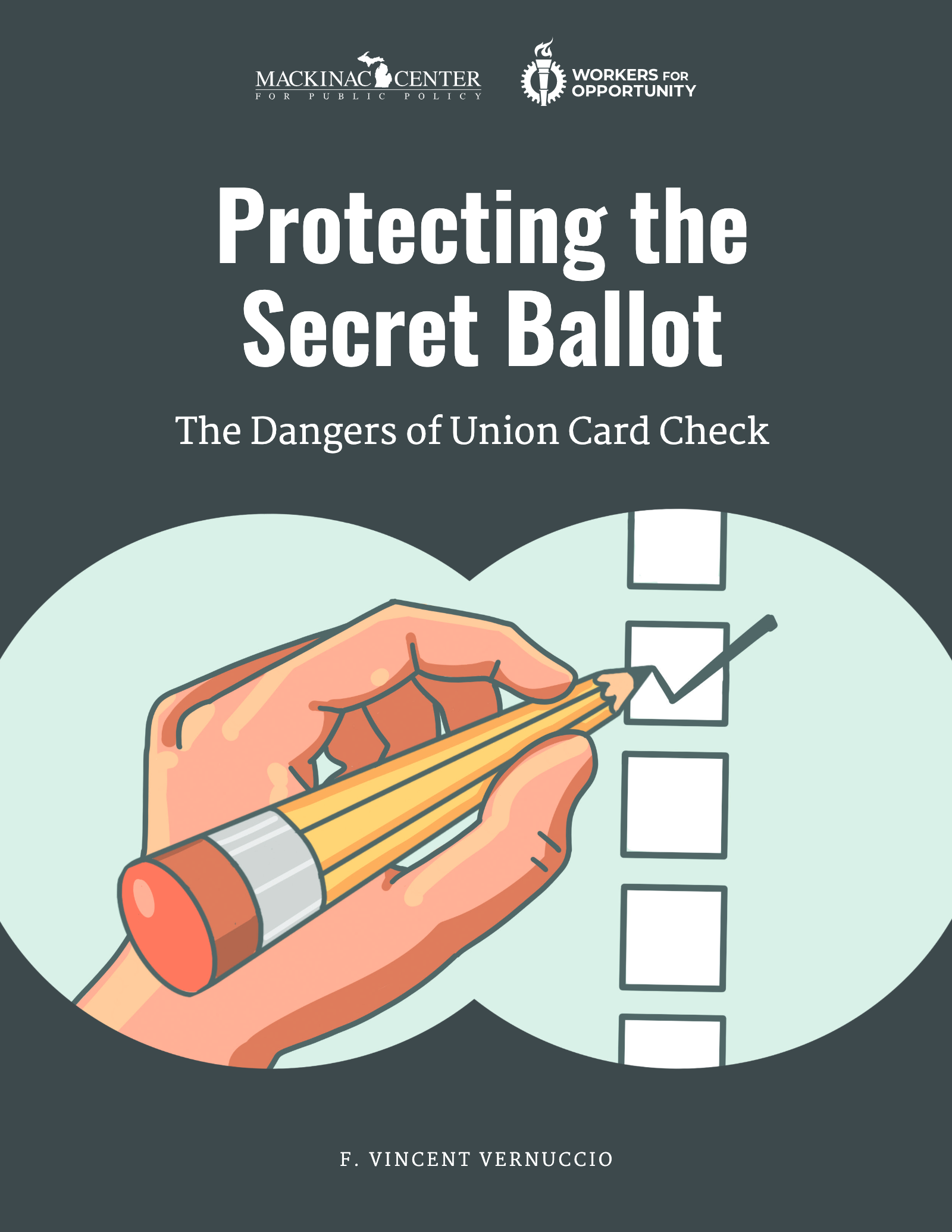I don’t have a very high opinion of the founding fathers. From what I see, they were young aristocrats who wanted an aristocratic democratic system. As a result we’ve had to spend the last 240 years fixing the damage they did to make the democratic system more just and equitable.
For example when US democracy first started off it had the following aristocratic traits:
Primary candidates were appointed, not directly elected
Senators were appointed, not directly elected.
You had to be a land owning, tax paying, white male age 21+. As a result barely 5% of people were eligible to vote. That number is now about 60% who are eligible to vote since now you just need to be 18+, mentally competent, and not in the criminal justice system (the definition of this varies).
The house and senate both had filibusters. The house got rid of their filibuster, the senate kept theirs.
The senate acted as a brake to stop legislation coming from the house
The electoral college was created to placate slave states
The senate rewards small rural states more than large, urban states
This wasn’t the founding fathers fault, but the house was capped at 435 in the 1920s.
We have a first past the post election system
The end result is a very aristocratic, dysfunctional democracy that is inferior to many other systems.
What can be done to keep up the improvements we’ve been implementing over the last 240 years to fix the damage?
Some improvements are realistic, some are not realistic
Realistic improvements:
Ranked choice voting on a state level by ballot initiative, hopefully someday followed by RCV on a national level
Lowering the voting age to 16
Allowing people in the criminal justice system to vote. In some states being convicted of a felony means you lose the right to vote for life. In some states you can vote even from prison. In some states you can’t vote until you’re done with probation or parole. But there can be improvements. Florida recently had a ballot initiative to give felons the right to vote.
Automatic registration of all voters when they fill out government or commercial documents
Mail in ballots for everyone with ballots along with the candidates stances provided in the packet.
Making election day a holiday (even with mail in ballots, hopefully it would give people a day to focus on the election). This would apply to both primaries and general elections on the state, local and federal level.
Empower small donors with either tax credits up to a small amount ($500-1000) for donating to politicians/parties, or use a matching fund system where every $1 you privately donate to politicians/parties is matched by $2-6 in public funds, up to maybe a max of $1000 per person in matching funds.
Make the filibuster harder to use. Still keep it, but require people to actually stand in the senate for hours on end. Then do a second round of voting with fewer senators and another filibuster. Keep doing that until you get down to maybe 50 or 52 senators then try to do a vote. This would have benefits and drawbacks for both parties.
Abolish gerrymandering and have impartial groups draw up districts.
More legal and financial oversight of courts with enforceable discipline, especially the federal courts.
Unrealistic improvements:
Don’t some systems have a system where the executive is picked by the legislature? I thought that was how the UKs system worked. I don’t know if that is superior or not.
Proportional representation. I don’t know if that would work with our system.
On the federal level, instead of having the executive office holder pick judicial nominees, have a group of legal experts pick a group of 5 nominees, and then the executive can pick from that batch to have the legislative branch vote on. Some states do this when appointing state level judges.
Federal ballot initiatives. If a majority in a federal election vote for a ballot saying they universal health care, we get universal health care.


